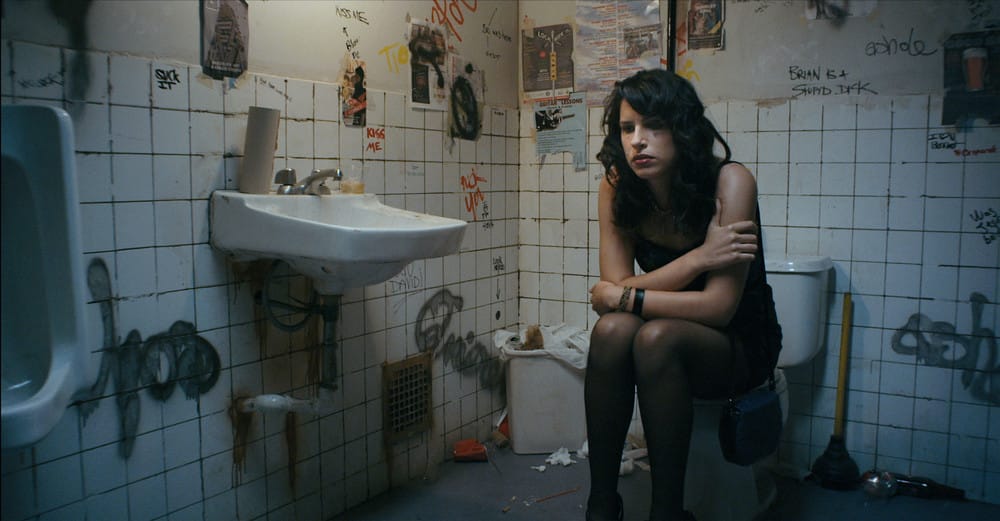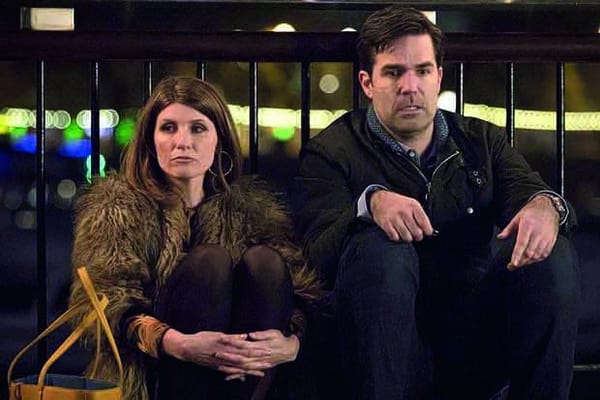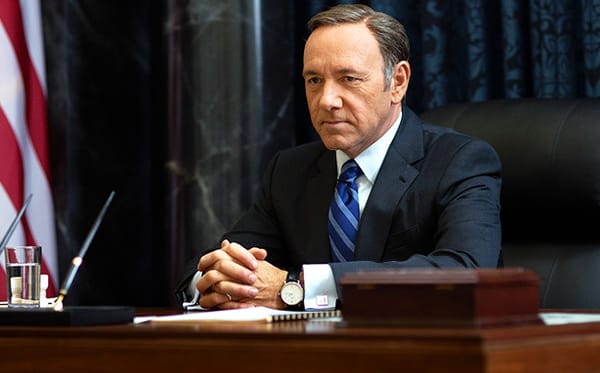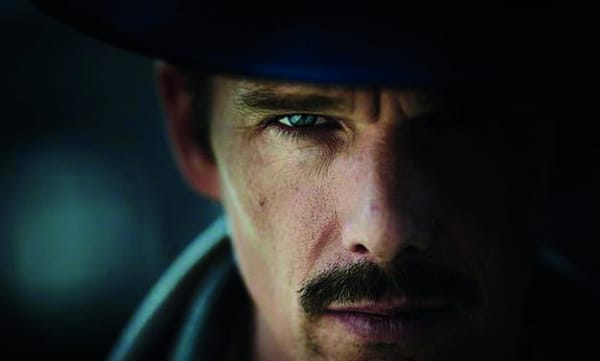A Wonderfully Inappropriate Comedy
Fred Fyles takes on Desiree Akhavan’s New York sexual romp

When asked where she gets her oddball sense of humour from by the interviewer, Desiree Akhavan pulls no punches: “My genitals,” she replies, “my humour comes from my genitals.” Akhavan is here, being interviewed at the ICA, to promote her debut film Appropriate Behaviour, a drama-comedy revolving around an Iranian bisexual woman living and loving – or at least, attempting to – in hip New York. While the film has received numerous comparisons to Girls, no doubt helped by the fact that Akhavan has a recurring role in this season of Lena Dunham’s brainchild, it is clear from the beginning that Akhavan’s vein of humour is more brash, nuanced, and utterly unique.
The indie comedy equivalent of a triple threat, Akhavan has both written and directed the film, and appears as the main character Shirin, who we first meet as she collects her stuff in preparation for moving out of her girlfriend Maxine’s (Rebecca Henderson) apartment; throwing the whole lot in the bin, she then reconsiders, pausing to retrieve a strap-on, which she half-heartedly carries along the streets of a summer-time Brooklyn. Told through a series of flashbacks, a move that is obviously indebted to Annie Hall – Akhavan has herself admitted as such – we follow Shirin as she tries to forget that she was once loved by making a series of increasingly unwise, and hilarious, life decisions.
As a second generation immigrant, Shirin is walking precariously along a tightrope, one day attending a Persian new year’s party, the next heading to an art show to see a friend “dress up like a farm animal and touch herself”. It is this strain, magnified by the fact that Shirin has a ‘Don’t Ask, Don’t Tell’ policy with her parents when it comes to her sexuality, even when they are confused as to why their daughter is living with another woman in a one-bed apartment, that leads to the break-up of the relationship. As part of the healing process, Shirin decides to get a new job, taking up the offer of the friend of a friend to teach filmmaking to a group of “really talented, clever Brooklyn children”, who turn out to be a group of 5-year-old boys. With her grief and libido increasing, she soon begins to regress to her students’ level, pulling ever more immature stunts to try and make Maxine jealous.
While Akhavan is the obvious star here, the supporting cast are equally strong. The ex-girlfriend is a particularly difficult role, but Henderson shines in it, managing to make Maxine somewhat brittle nature seem utterly sympathetic. Within cinema, there seems to be a trope that true love cannot exist within a relationship that has gone sour; that if their love were ‘real’, if neither of them were ‘bad people’, then why would they ever break up? Akhavan and Henderson use their performances to make it clear that, sometimes, shit just happens like that, and their relationship isn’t any the less for it.
The film has an episodic structure, which is clearly due to Akhavan’s experience producing her online web series The Slope; made with her then-girlfriend Ingrid Jungermann, The Slope revolved around the lives of a couple of “superficial, homophobic lesbians” living in Park Slope, Brooklyn. Brilliantly accurate, the pair received a great deal of media attention thanks to their open willingness to be hypocritical, confusing, and messy individuals. It was this attention that helped lead to the generation of Appropriate Behaviour, something for which we should all be thankful (so remember, when you’re “constantly wasting your life” watching YouTube, you’re actually helping the independent cinema industry. Take that mum!).
One thing that Akhavan does brilliantly is draw attention to the navel-gazing, self-indulgent tendencies of millennials, within both the queer community, and the general population. Alongside the gags about pretentious art shows and taxidermist roommates, there is a subtle commentary on how perhaps Akhavan’s generation is horrifically self-involved. In one scene, for example, Shirin attends a workshop on queer justice, which she knows Maxine will also be attending; as one man tells the group how the ‘Crime Against Nature’ laws resulted in him being branded a sexual predator, Maxine and Shirin ignore him and argue in the corner about the plans they have made, until Shirin eventually puts her hand up and asks the facilitator – a law professor at NYU – out for a drink. In another scene, Akhavan reveals the two-facedness of Maxine, showing her to be a woman who makes her girlfriend read a copy of_ Stone Butch Blues _for self-improvement, but will also call Shirin’s bisexuality “just a phase” in one of the most chilling scenes of the film. Akhavan shows this all quite bluntly, but never aims to be mean; instead it is just a gentle reminder that a narcissistic streak is inevitable, not just for Generation Y, but for all young people.
While the break-up comedy genre will inevitably be bittersweet, Akhavan manages to keep things from becoming cloying thanks to an acerbic wit that is both oddball and cynical, a fact that sets Appropriate Behaviour apart from other, similar films. As mentioned earlier, Girls is an easy reference point, as is Noah Baumbach’s Frances Ha; after all, they all feature slightly off-beat 20-something year old women trying to make their way through life in Brooklyn. But while it is easy to see such films as merely more content in an genre that probably reached its peak when people gave up $3 million to ensure Zach Braff can make another film ($3 million!), Akhavan has created a piece that is not only welcome, but downright vital. With her background as a self-identifying bisexual Persian woman, Akhavan is the very definition of intersectionality, and it is up to people like her to commit their experiences to film.
Appropriate Behaviour is out now on Peccadillo Pictures.










